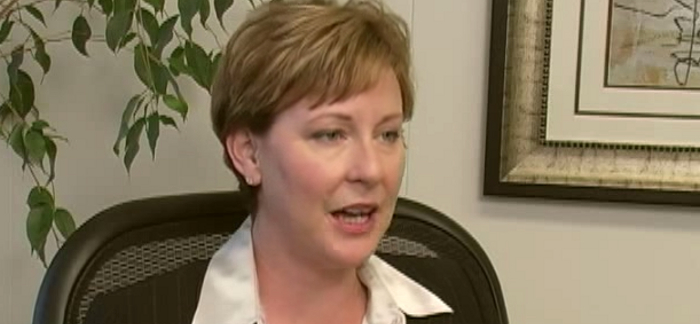When it comes to health care and health insurance, the debate will forever be a topic open for all arguments. So many people are in favor of the terms of an HMO while so many are just as opposed. With the new governmental regulations placed on health care, the idea of HMOs has also changed. To better determine where you stand, it is best if you understand what the new terms mean and what an HMO is really about.
An HMO is a Health Maintenance Organization. By this, we mean that the organization is a group of medical institutes, doctors and insurance companies that work together to provide you with affordable health care.
There are many HMO options available. Options are varied based on the type of coverage you want, the amount of coverage you want, how many people you are covering and the doctors in the HMO network. HMOs also take the guessing out of finding a specialized doctor, finding doctors who accept your insurance plan, and also helps weed out insurance companies that don’t know anything about health care but still offer health insurance. HMO’s also often allow you to pick your provider, offering comfort to many people.
Unlike private health insurance companies, HMOs often don’t make pre-authorizations for doctors to see you, treat your or make recommendations for procedures or specialists. If you do require a specialist, your PCP (Primary Care Provider) can often take care of the paperwork and choosing the right specialist for you. Also, HMOs generally offer lower cost plans for people, and these plans often carry lower deductibles than other plans do. An HMO also sets caps on the maximum amount of your out of pocket, which is good for those who need long term care or a variety of long term care options or who need to seek specialists more often than those who don’t.
There are, however, some drawbacks to using an HMO. Because of the high management and the carefully monitored procedures, finding a doctor that you want in a coverage group may be hard. While most doctors will take most insurances, some doctors only take insurances that would not be generally covered if you have a higher deductible or higher cost insurance to cover being out of the network. Patients who feel that they want more testing or who would like to have tests done that a PCP isnt readily willing to give may also find themselves in a tough situation.
HMOs do not provide for treatment coverages for doctors that are outside of your network coverage. For some people, this may be especially hard if a specialist is not available in their area and they must go outside the HMO network for treatment. Those who travel frequently and those who have many varied specialty medical concerns may find that an HMO is not the right insurance for you.
When choosing an HMO, it is best to look at the range of doctors that are offered in the network, the amount of treatment that you can receive, the different plans that are available and read all the terms of the HMO carefully before deciding.




